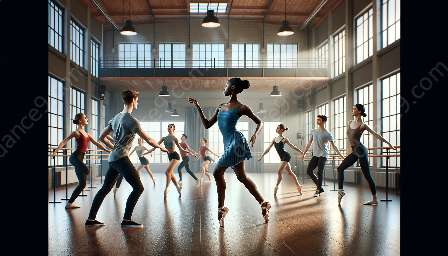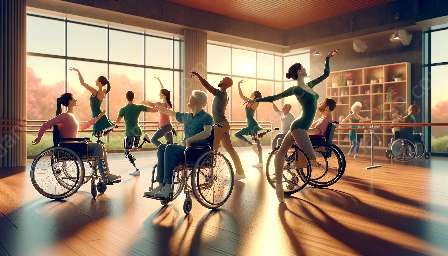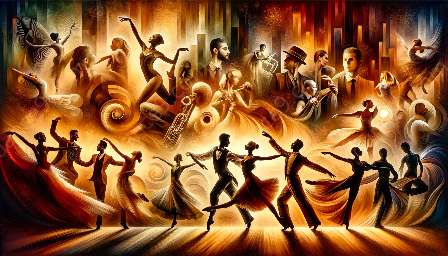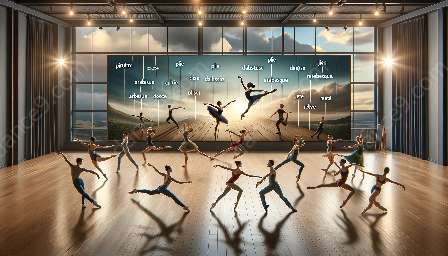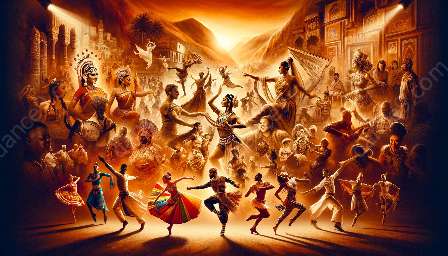Dance is not only a beautiful form of art and expression but also a powerful tool for improving overall wellness. The benefits of dance are numerous, impacting physical, mental, and emotional well-being, and contributing to a holistic sense of health and happiness.
Benefits of Dance
Dance has been shown to have a wide range of positive effects on the body and mind, making it a valuable activity for promoting overall wellness.
Physical Health: Dancing is a fantastic way to improve physical fitness. It can help increase cardiovascular strength, flexibility, and endurance. Additionally, regular dance practice can contribute to better balance, coordination, and posture. The physical movements involved in dancing also help in toning muscles and improving overall body strength.
Mental Health: Engaging in dance can be a great way to relieve stress and reduce anxiety. The rhythmic and repetitive movement patterns in dance can have a calming effect on the mind, promoting relaxation and reducing tension. Dance also provides a means of self-expression, which can be beneficial for improving mood and emotional well-being.
Emotional Well-being: Dance has the potential to enhance emotional well-being by promoting feelings of joy, pleasure, and self-confidence. The sense of accomplishment and satisfaction derived from mastering dance movements and routines can contribute to a positive self-image and improved self-esteem. Additionally, the social aspect of dance, such as participating in group classes or performances, can foster a sense of belonging and connection, which are crucial for emotional wellness.
Dance and Physical Wellness
Dance is a fantastic way to achieve and maintain physical wellness. It offers a fun and enjoyable means of getting exercise, making it easier to commit to a regular fitness routine. The rhythmic movements and music in dance can elevate heart rate and improve cardiovascular health. Moreover, the variety of movements in different dance styles helps in working different muscle groups, contributing to overall body strength and tone. The flexibility and coordination required in dance also support joint health and reduce the risk of injury. All these physical benefits contribute to an improved quality of life and overall well-being.
Dance and Mental Wellness
Dance has a profound impact on mental wellness. It provides an outlet for creative expression and allows individuals to escape from the stress and challenges of daily life. The focus required in learning and performing dance routines can help in improving concentration and mental clarity. Furthermore, the rhythmic and repetitive nature of dance can be meditative, calming the mind and reducing mental fatigue. The joy and sense of accomplishment derived from mastering new dance skills can enhance self-esteem and foster a positive mindset. Overall, dance serves as a powerful tool for promoting mental wellness and cognitive health.
Dance and Emotional Well-being
Emotionally, dance has the ability to uplift spirits and promote a positive outlook on life. The social interaction and sense of community in dance classes and events contribute to a sense of belonging and inclusion, which are essential for emotional well-being. The expression of emotions through movement and music invites a deeper connection with oneself and others, fostering empathy and understanding. The feelings of joy, liberation, and self-confidence experienced through dance have a transformative effect on emotional wellness, enhancing overall quality of life.


